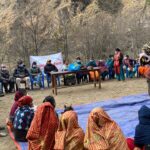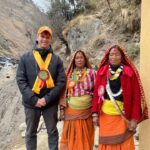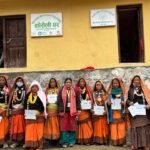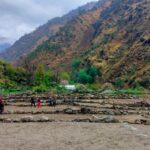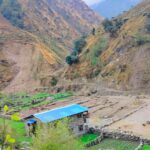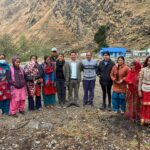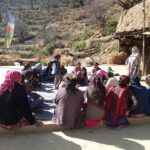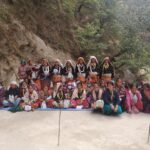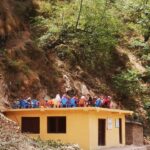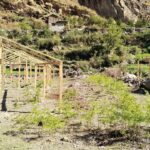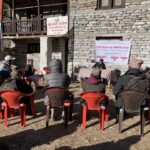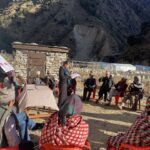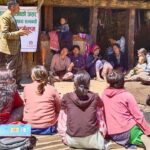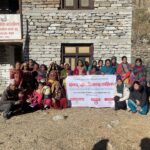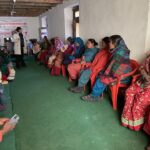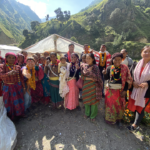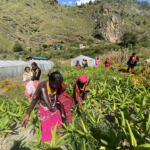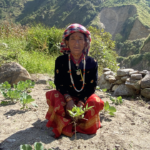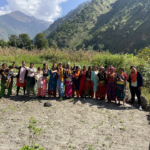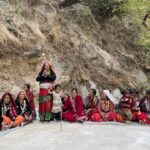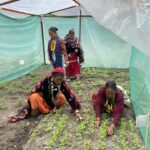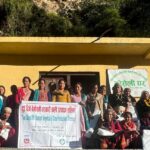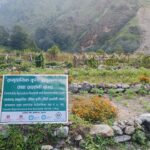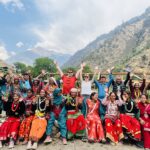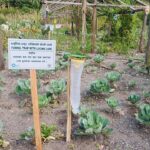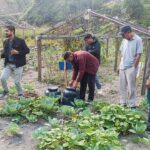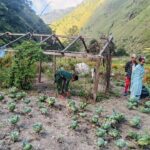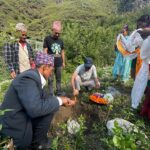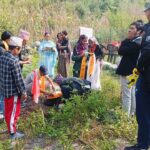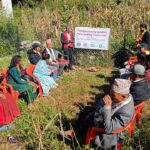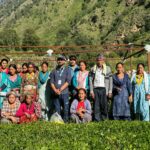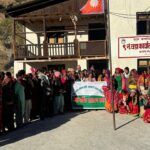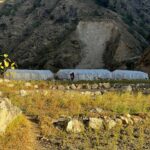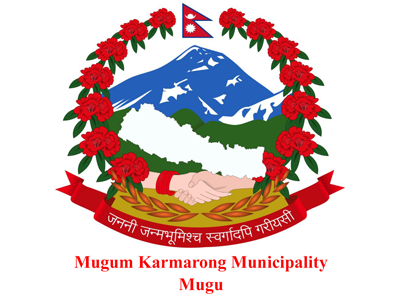Chhaila, Mugu
ORGANIC MODEL FARM
Sustainable Livelihood

Place
Chhaila,
Ward-9,
Mugum Karmarong Rural Municipality,
District Mugu

Who
Chay Ya Nepal,
local village community

Partners
Private Foundation,
Mugum Karmarong Rural Municipality,
Karnali Province

When
2023 - 2025

For
150 women and their families

Status
Ongoing
Project
Our largest women’s project so far, in the form of another organic model farm, has begun! It will be established in Mugu, the least developed and most remote district of Nepal. . Educational and medical infrastructure is almost non-existent, about 63 % of the population can neither read nor write, of the women only 9% are fully literate. Child marriage, chhaupadi (the exclusion of women during menstruation) and polyandry (a woman must marry all the brothers in a family) are still widespread here. The local population consists of 80 % Bhote, an impoverished and marginalized Buddhist ethnic group, and 8 % Dalits, the so-called “untouchables”.
The local elections of May 2022, in which the village of Karmarong was elected as the administrative seat of the Municipality of Mugum Karmarong, give reason for hope. Until then, all the power of the state administration lay in Kathmandu, where no one cared about the concerns of people in remote areas. This process of decentralization gives the mountain people their own voice for the first time. As a result, the local and regional government have agreed to cover over 70 % of the total cost of the project!
150 female heads of household have already confirmed their participation in the project. Thus, over the next 24 months, an organic model farm will be established, similar to what has already been achieved in Ghunsa and Mulkot. Workshops will be held with the women not only to train them in sustainable agriculture and small animal husbandry, but also to establish a women’s cooperative that will work together to process and market their products. This way malnutrition is to be prevented and, at the same time, the women are to receive more participation through their own income.
In addition, more local plant species are to be cultivated again in order to counteract the foreign hybrid seeds that quickly make the soil infertile. In addition to expanding plant diversity, the women are also being introduced to the concept of permaculture. Permaculture is not just about growing vegetables, but also about social community projects and holistic approaches that combine vegetable growing and community projects. Permaculture projects aim to develop sustainable, holistic systems. This project aims to educate the local community about the importance of soil conserving agriculture that does not exploit and destroy the land.


